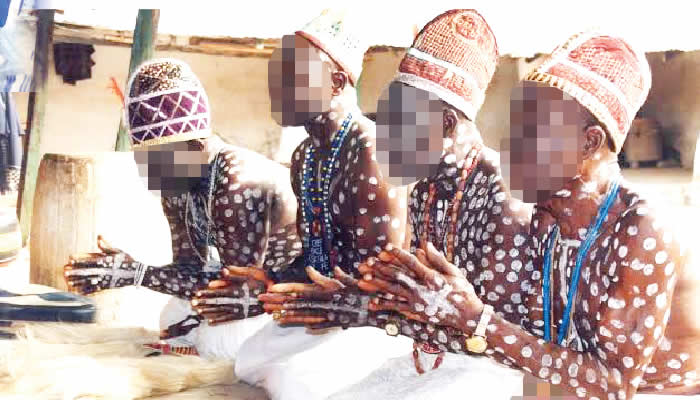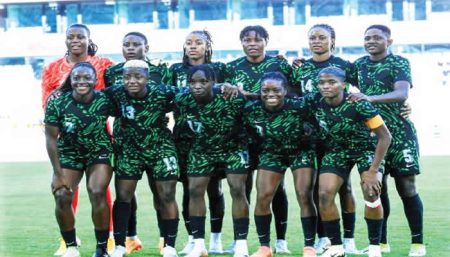The Oro festival, a traditional Yoruba practice observed in Ikorodu, a suburb of Lagos, Nigeria, has sparked controversy due to its daytime restrictions on movement and commerce, particularly affecting women and non-natives. Residents are calling for the festival to be confined to nighttime hours to minimize disruption to daily life and economic activities. While acknowledging the cultural significance of the festival, they argue that its current practice infringes upon fundamental rights and hinders economic progress. The concerns highlight a growing tension between preserving cultural heritage and upholding individual liberties in a modernizing society. The debate centers on balancing respect for tradition with the need for inclusivity and economic empowerment.
The festival, exclusive to male descendants of the town, prohibits women and non-natives from venturing outdoors during its observance, with severe penalties for violation. This restriction has significant economic repercussions, especially for women who constitute a substantial portion of the informal economy. Market closures and business disruptions during the festival periods lead to lost income and hardship for families reliant on daily earnings. The repeated closures, often occurring multiple times a year for various traditional events, are particularly burdensome on traders and small business owners. The resulting economic strain underscores the need for a more balanced approach that respects tradition while mitigating its negative impact on livelihoods.
Residents recounting their experiences emphasize the practical challenges posed by the festival restrictions. A long-time resident highlighted the economic hardship faced by families dependent on daily wages, urging festival organizers to consider the impact on vulnerable households. Traders lament the frequent market closures, which not only result in lost revenue but also create a climate of fear due to potential harassment and looting. These personal testimonies highlight the real-world consequences of the daytime restrictions and the urgent need for a compromise that safeguards both cultural practices and economic well-being.
Legal experts and gender advocates weigh in on the legal and societal implications of the festival’s restrictions. They argue that the practice infringes upon fundamental rights guaranteed by the Nigerian Constitution, particularly the freedom of movement. The disproportionate impact on women, many of whom are active in the informal economy, raises concerns about gender equality and economic empowerment. Advocates call for government intervention to ensure that cultural practices do not override constitutional rights and freedoms. This legal perspective emphasizes the importance of aligning cultural traditions with modern legal frameworks to protect individual liberties and promote social equity.
The timing of the Oro festival, often coinciding with national holidays and important events, further exacerbates its disruptive effects. Recent instances of the festival falling on Children’s Day and a public holiday underscore the conflict between cultural observance and broader societal participation. This conflict highlights the need for greater dialogue and community engagement to find a balance that allows for both cultural expression and inclusive public celebration. A more accommodating approach would ensure that cultural practices do not inadvertently exclude segments of the population from participating in national events and celebrations.
The case of the Oro festival in Ikorodu encapsulates a broader challenge facing many societies: reconciling traditional practices with modern values of inclusivity, individual rights, and economic development. While preserving cultural heritage is undeniably important, it should not come at the expense of fundamental freedoms and economic progress. Finding a middle ground requires open communication, community engagement, and a willingness to adapt traditions to the changing needs of a diverse society. The ongoing debate in Ikorodu serves as a microcosm of this larger challenge, highlighting the need for respectful dialogue and innovative solutions that honor both cultural heritage and individual rights. Ultimately, the goal is to create a society where tradition and modernity can coexist harmoniously.














